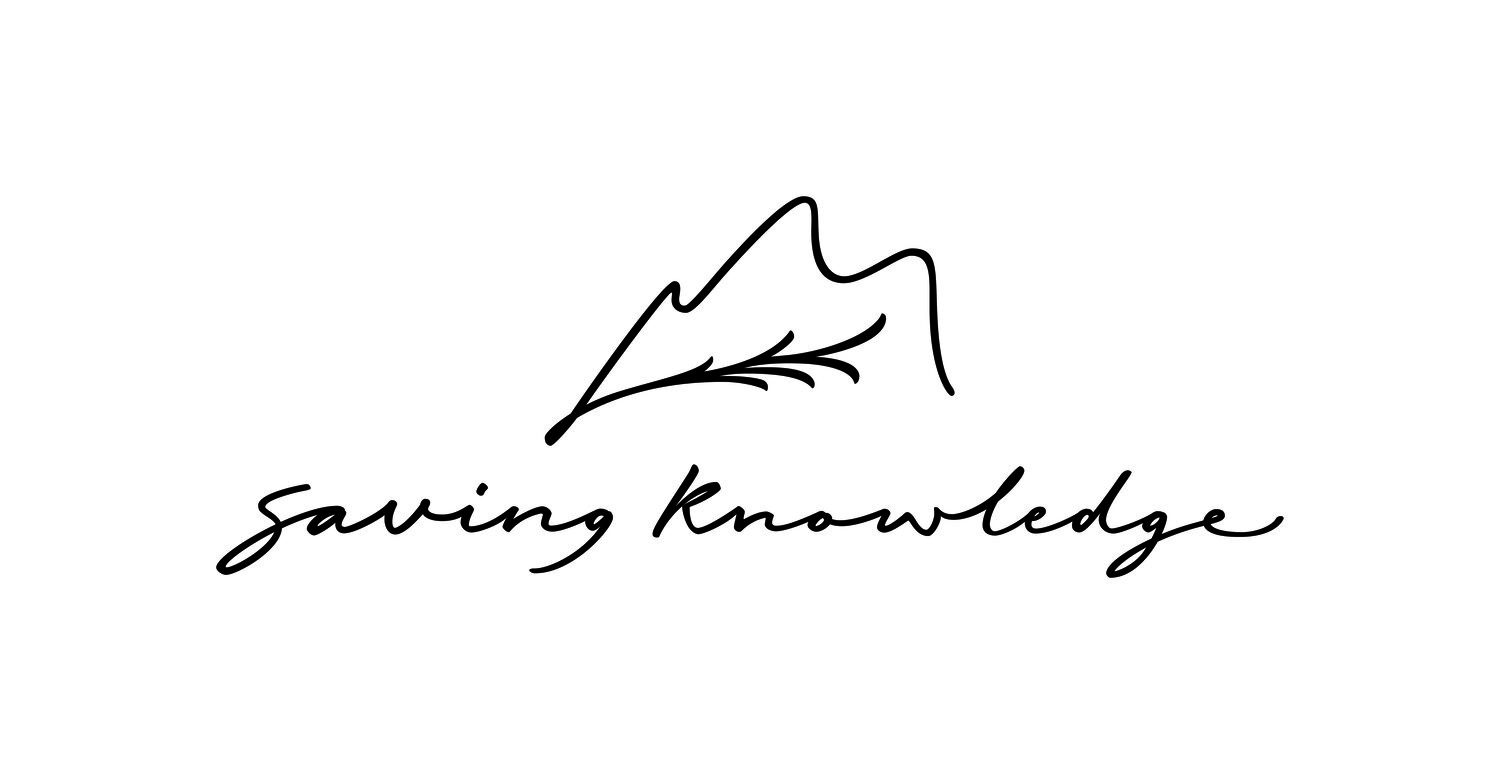Department of Ethnobotany, Institute of Botany and Bakuriani Alpine Botanical Garden, Ilia State University, tbilisi
Over the last decades, Botany Departments have been closed in a large number of institutions worldwide, and with taxonomic knowledge the ability to study and preserve knowledge about plant usage is being lost at unprecedented rates at an academic level. Ilia State University has taken an important step to help counteracting this detrimental trend: The newly founded Department of Ethnobotany at the Institute of Botany, Ilia State University focuses its research on the study of the relationship between people and plants, traditional and modern uses of plant species, conservation of plant resources and the preservation of traditional knowledge for the benefit of future generations.
Humans depend on plant resources for food, housing, medicines, utensils, and spirituality and religion. Over eighty percent of the population of poorer parts of the world relies on plants for their primary health care, and many people in wealthy countries use Alternative and Complementary Medicine. While much of this plant knowledge is transferred orally from generation to generation, a wealth of information has been documented over millennia and published in non-digital media, and both sources of information are less and less accessible in a global world.
Useful plants are collected and grown around the world by rural as well as urban people who incorporate them into their own livelihood systems or sell them to supplement local incomes. But even as this practice continues, communities that use plants often display uneven knowledge of their uses, marketing techniques, and sustainable harvest requirements. This knowledge gap has negative outcomes. Traditional knowledge can be lost if it is not valued and shared. Local economies are depressed as middlemen garner most of the profits. Wild plant populations may be over-harvested and endangered. Georgia and the wider Caucasus region are is famed for natural richness but economically challenged by their Soviet past and Russian occupation.
Many research projects target "exotic" regions, and local plant use is often perceived as "uninteresting" and "unimportant". Homegardens and plant use in Europe are a good example of this "scientific stepmother's existence", although traditional knowledge in this area is of particular importance. Homegardens for example are a repository of local varieties that are of particular importance in global nutrition under the scenario of global climate change in the future; and, therefore also for the national economy could have.
The Institute of Botany of Ilia State University, founded in 1933, is the main botanical institution in Georgia and the wider Caucasus Region. The institute moved into a dedicated new herbarium and administration building in 2012. Institute of Botany hosts the National Herbarium of Georgia, which serves as main taxonomic repository for the whole region, harboring over 1,000,000 specimens from all over the Caucasus, including many types.
The Bakuriani Alpine Botanical Garden (BABG) of Ilia State University is located on the southwestern slopes of the Bakuriani Range, at an altitude of 1,700 meters above sea level. It was founded in 1910 on the western slope of Mt. Kokhtagora on the initiative of distinguished botanists and researchers of Caucasian flora - A. Rolov and A. Fomin. In 1934 the garden was transferred to Institute of Botany. Its area is in total 27 hectares including 10 hectares of pristine forest. BABG counts also on a local herbarium, library, and a research center that can house up to 20 visiting scientists.
Combining biodiversity conservation with sustainable use is a top priority of the international community, highlighted through such instruments as the U.N. Convention on Biological Diversity, the Global Sustainable Development Agenda, and the Nagoya Protocol on Access to Genetic Resources and the Fair and Equitable Sharing of Benefits Arising from their Utilization to the Convention on Biological Diversity. As such the Department of Ethnobotany will provide a core example of the integration of sustainability and biodiversity conservation.
Address:
1 Botanical Str.; 0105, Tbilisi, Georgia; +995-322720810
Contacts:
Dr. Shalva (Nukri) Sikharulidze - shalva.sikharulidze@iliauni.edu.ge
Dr. Zaal Kikvidze - zaal.kikvidze@iluauni.edu.ge
Dr. Rainer W. Bussmann - rainer.bussmann@iliauni.edu.ge
Dr. Narel Y. Paniagua Zambrana - narel.paniagua@savingknowledge.org

